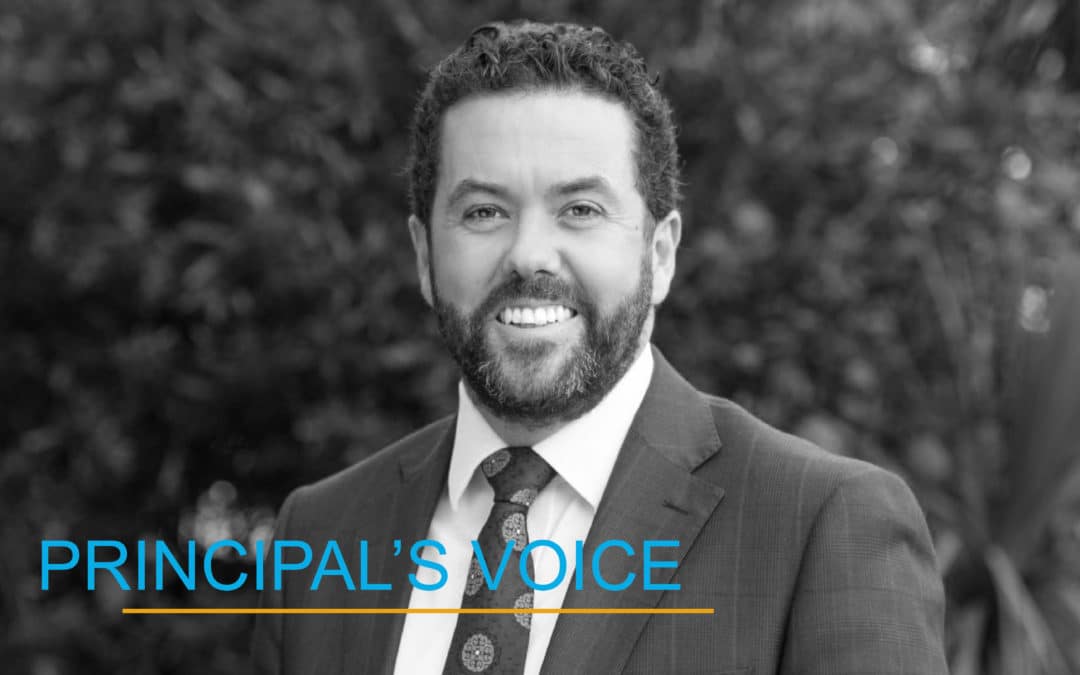The line separating good and evil passes not through states, nor between classes, nor between political parties either – but right through every human heart – and through all human hearts.
– Alexander Solzhenitsyn
Othering
Othering: “To view or treat a person or group of people as intrinsically different from and alien to oneself; instances of ongoing prejudice, discrimination, and injustice through deliberate or ignorant means.”
Othering means to exclude and displace people from the social group to the margins of society, where mainstream social norms do not apply to them, because they are the other. With a little bit of thought, we realise that the practice of othering is an act of self-harm, because in rejecting the other, we reject a part of ourselves. In failing to see the humanity of the other, we diminish our own humanity.
We all know people who only feel better about themselves by putting others down, by diminishing others. We know it isn’t a productive or helpful way to live. Yet sometimes we succumb to it because of our desire to belong. Excluding others can be part of how we seek to belong.
Embrace
There are some who think, logically, that the best way to overcome othering is inclusion. I, however, prefer the approach of Miroslav Volf, the Croatian theologian, and Professor of Theology at Yale. His book, Exclusion and Embrace is possibly the hardest book I have ever read, and certainly the best one I have read this year. For Volf, his book arose from a question: could he forgive a chetnik? He is a Croat, and Chetniks were the Serbian nationalist paramilitary group, the group hellbent on killing Croats. He did not know how to answer.
Exclusion and Embrace deals with the challenge of reconciliation in the face of ongoing conflict. It deals with situations where no clear line can be drawn between victims and perpetrators and in which today’s victims become tomorrow’s perpetrators—conditions that arguably describe most of the world’s conflicts and often its daily events.
The idea of “embrace” rather than inclusion is the central idea of Volf’s book. It is marked by two key stances: one, acting with generosity toward the perpetrator and two, maintaining flexible identities, a flexibility of self and other. Even though embrace is a type of grace, it does not stand in contrast to justice but includes justice as a dimension of grace extended toward wrongdoers.
“Embrace” does not wipe out the self/other distinction in the way that inclusion sometimes can. On the contrary, “embrace” presumes that it is essential to maintain the self’s boundaries (and therefore be able to pass judgement), but suggests that these boundaries ought to be porous, so that the self, while not being obliterated, can make a journey with the other in reconciliation and mutual enrichment.
Volf sees the father in the biblical story of the prodigal son as a prime example of this stance. The father forgave his son and accepted the change in his identity as he embraced his son. At great cost, the father’s identity became “the-father-of-the-prodigal”.
In his book, The Gulag Archipelago, Alexander Solzhenitsyn writes: “The line separating good and evil passes not through states, nor between classes, nor between political parties either — but right through every human heart — and through all human hearts”.
We cannot artificially erase boundaries (as inclusion sometimes does). I am not sure if you are following the discussion generated by JK Rowling’s recent comments about sex and gender. That discussion is very much about the artificial erasure of boundaries. It is also a bit like people at the moment claiming to not see race, to be “colour blind”. This failure to distinguish is artificial and can be shown to be harmful rather than helpful.
Instead of artificially erasing boundaries or distinctions, we need to recognise that differences do exist. But together we can work through them, we can move beyond them, we can move beyond or through exclusion and into embrace.
Inclusion obliterates distinctions that are real, that shape our identity and that people are actually keen to keep.
Exclusion by itself marginalises, diminishes, and damages self and others.
But exclusion worked through and coupled with embrace, that just might be the way ahead, not only in areas of conflict, but for us all.
May our Lord Jesus Christ himself and God our Father, who loved us and by his grace gave us eternal encouragement and good hope, encourage your hearts and strengthen you in every good deed and word. – 2 Thessalonians 2:16-17
Tim Watson
Principal





